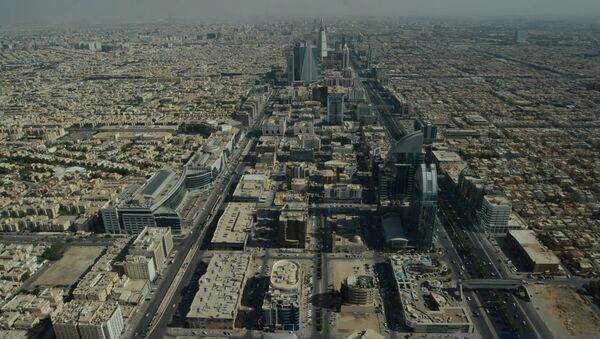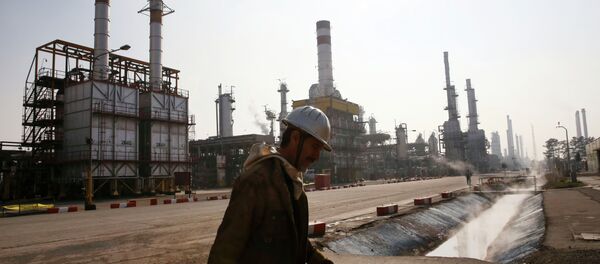Spending in areas such as public sector salaries, however, will not be affected, the sources told Bloomberg.
Over 90% of Saudi Arabia’s revenue is dependent on oil, and with prices dropping by more than 50% in the last year, the government is struggling to deal with the financial pressure. Other factors contributing to the weakening Saudi economy include its war on Yemen, as well as the rising domestic spending in the country.
According to the International Monetary Fund (IMF), the desert kingdom is expected to end the year with a budget deficit of 20% on gross domestic product. For the first time since 2007, the country has issued securities with a maturity of 12 months.
"This is a response to the lower oil prices, but also to the face that capital spending has been growing strongly over the past years," Fahad al-Turki, chief economist of Jawda Investment Co, told Bloomberg. "Although a cut in capital spending will impact economic growth, the non-oil sector is not as reliant on government spending as it was 20 or 30 years ago."
The IMF also reported that Saudi Arabia’s economic growth is expected to slow in the few years, as the government is forced to reduce spending.
As part of the review, the government is considering delaying or shrinking some infrastructure projects to save money. In a similar vein, Riyadh is also rethinking its spending commitments, especially as the government pays up to $52 on oil subsidies. Samba and Central bank governor Fahad al-Mubarak has called for a review on oil subsidies. This comes one month after the United Arab Emirates removed its own oil subsidies, ringing prices up by 24% in a similar effort to improve its own finances.
According to the IMF, Saudi Arabia needs "comprehensive energy price reforms, firm control of the public sector wage bill, greater efficiency in sector investment." Otherwise, the "sharp drop in oil revenues and continued expenditure growth would result in a very large fiscal deficit this year and over the medium term eroding the fiscal buffers built up over the past decade."




